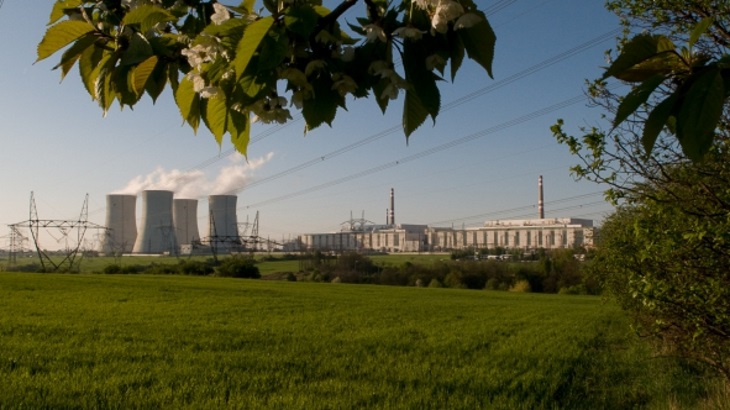The new law, approved by large majority in the Chamber of Deputies yesterday, seeks to address this by allowing for a state-owned company to purchase electricity from new nuclear plants at a fixed rate for at least 30 years with the possibility of extension. The power will be resold on the wholesale market and any profit or loss translated into an adjustment to power bills, although the government said it will set an upper limit on any extra cost.
Deputy Prime Minister Karel Havlicek said in July last year this was the same kind of support that renewable sources receive.
In addition, the Czech state will provide an interest-free loan for up to 70% of the cost of construction, cutting out the expense of commercial loans. The utility ČEZ will be responsible for any cost overruns in construction.
All this is focused on getting a new reactor of around 1200 MWe capacity built at the existing Dukovany power plant. The energy ministry estimates such a reactor would provide 10% of the country's electricity. EDF, Westinghouse and Korea Hydro & Nuclear Power are currently engaged in a pre-qualification process after selection by the Ministry of Industry and Trade.
Current policies should see coal phased out in the Czech Republic from 2038, although the International Energy Agency recently encouraged a faster schedule. Nevertheless, at that time renewables are expected to provide 25% of electricity and nuclear as much as 58%.





_23009.jpg)

_33392.jpg)
_13618.jpg)






